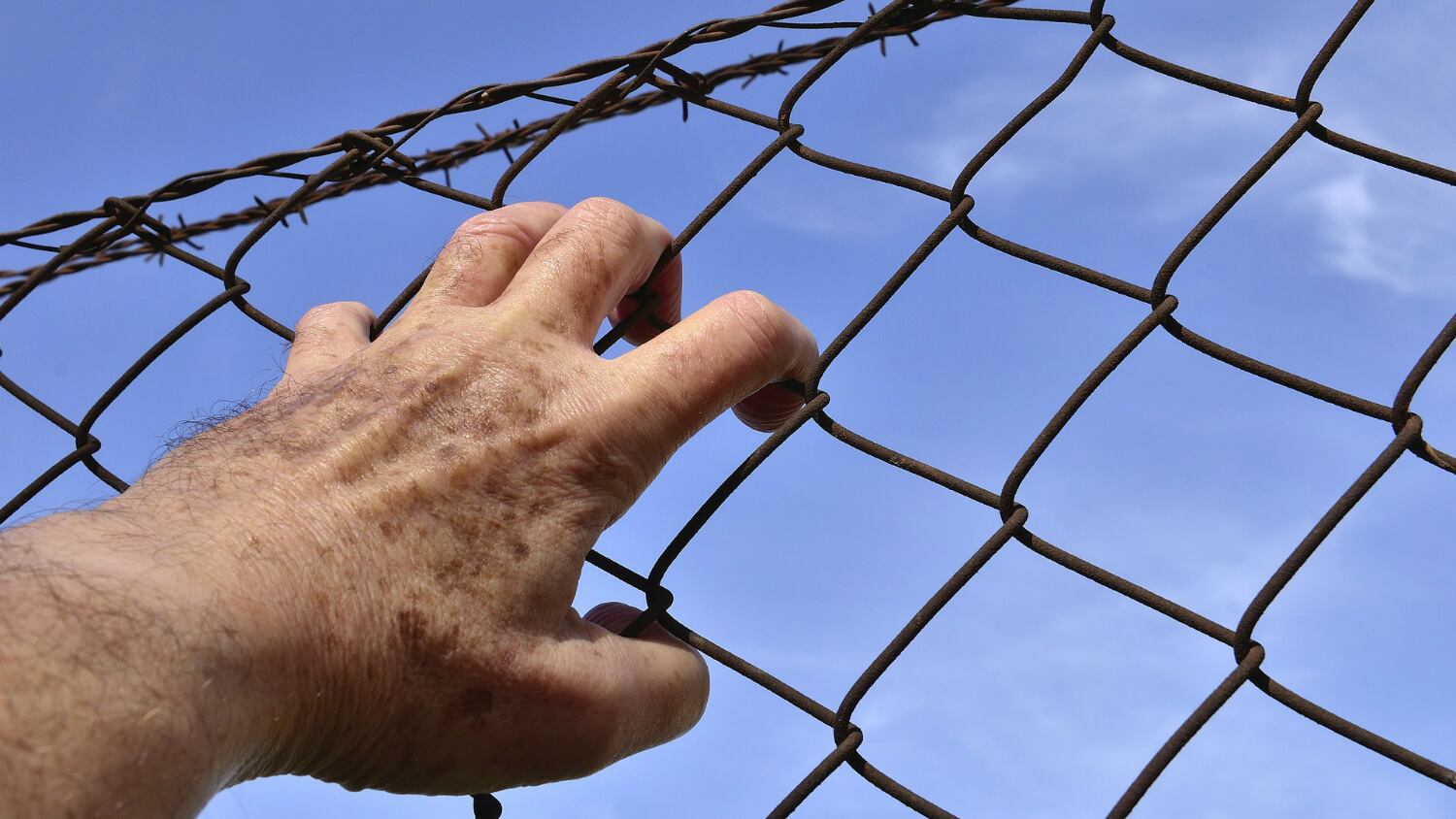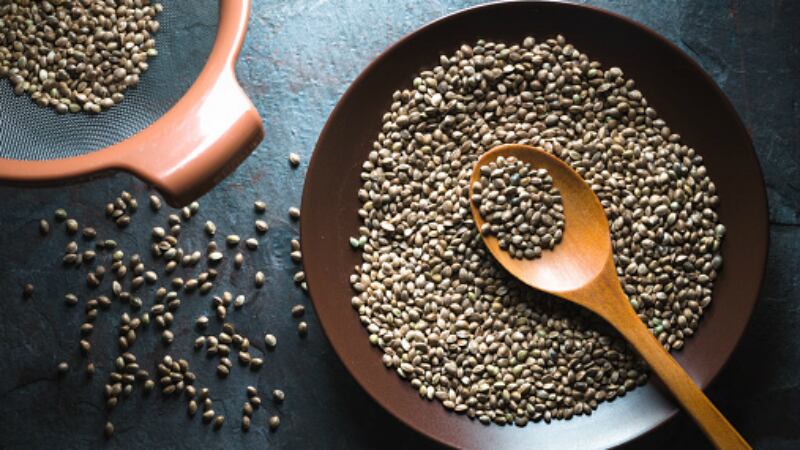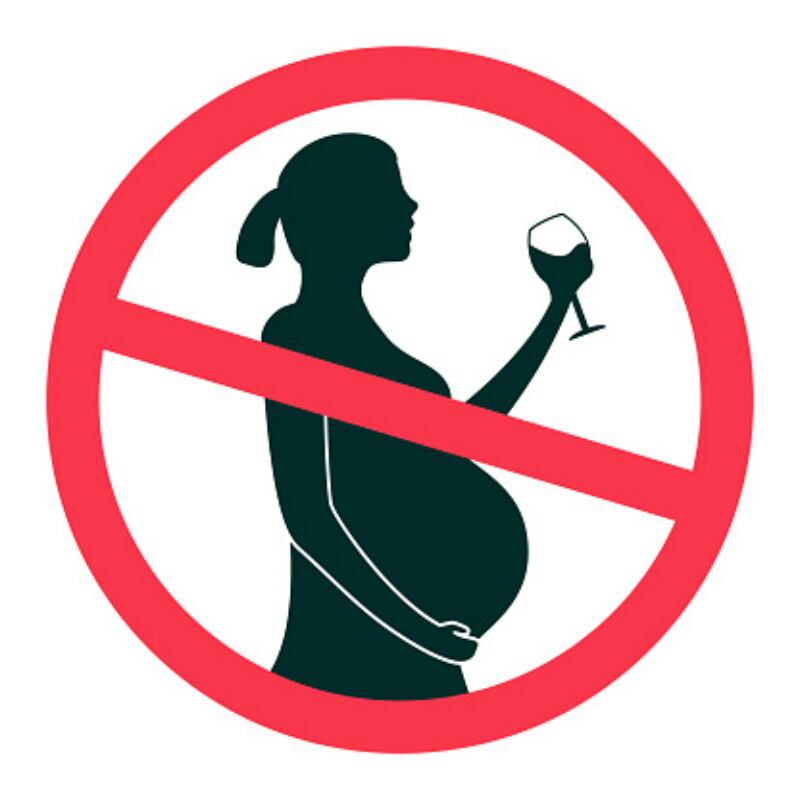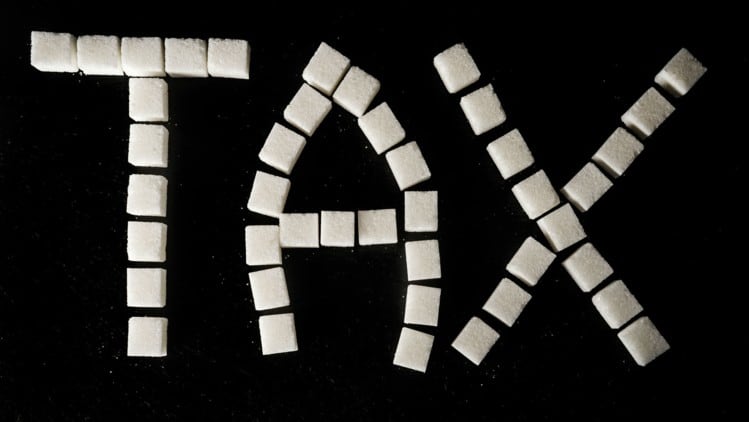‘Maximum punishment’: India’s Maharashtra FDA to prescribe life imprisonment for food adulteration violators
Life imprisonment will soon be the maximum punishment for food adulterators in the Indian state of Maharashtra, said the state’s Food and Drug Administration (FDA).
“The Maharashtra government will bring amendments to […] the Prevention of Food Adulteration (Maharashtra Amendment) Act, 1969 to provide life imprisonment for the accused,” said Maharashtra FDA Minister Girish Bapat.
“[Life imprisonment will be the] maximum punishment for adulteration cases.”
Bapat also revealed that President Ramnath Kovind had agreed to other states’ amendments to the respective state laws, prescribing life terms for the violators.
No more almond ‘milk’? Australia looks to stop ‘misleading’ plant-based product labelling
Manufacturers in Australia may soon have to re-label all plant-based products containing the terms ‘meat’ and/or ‘milk’ in them, as politicians request Food Safety Australia New Zealand (FSANZ) to review the standards surrounding these.
Australian Regional Services Minister Bridget McKenzie said that these changes were necessary “to protect the reputation, hard earned by our clean, green farmers.”
"I want consumers to have confidence that when they buy […] meat, it's beef from an animal and when they buy milk, it is actually produced by a dairy cow."
“[We] need to be careful [we] don't confuse the marketplace.”
‘More problematic than just soda’: Malaysia to impose sugar tax in 2019 to combat rising obesity levels
Malaysia will impose an excise sugar tax on sugar-sweetened beverages starting April 1 2019, in an effort to combat rising overweight and obesity levels in the country - but experts are less than optimistic about its efficacy.
According to Finance Minister Lim Guan Eng, “Statistics from the Ministry of Health showed that nearly one out of two Malaysians were overweight or obese.” “
“The Government has decided to add […] ‘sugar sweetened beverages’ to the list of manufactured goods subject to excise duty in an effort to help address this issue."
“The duty proposed will be at RM0.40 per litre to be implemented on 1 April 2019 for non-alcoholic beverages containing added sugars of more than 5gm per 100ml drink; and for fruit or vegetable juice containing added sugars of more than 12gm per 100ml drink.”
Thailand to stop all foreign plastic waste imports by 2021 following Malaysia, Vietnam
Thailand will ban all plastic waste imports by 2021, making it the latest country in South east Asia to take policy-level action against a rising influx of foreign plastic scraps, much of which comes from food and beverage packaging.
“The amount coming in has increased since China banned plastic. […] We will ban it within two years,” said Banjong Sukreeta, deputy director of Thailand's Department of Industrial Works to Financial Times.
Following China’s ban on plastic scrap imports at the beginning of 2018, Southeast Asian countries became choice destinations for developed countries like the United States, United Kingdom and Germany to send their waste to.
According to a recent study on the Chinese import ban published in Science Advances, the majority of this plastic waste comprises packaging for food, beverage, and tobacco items, and is often single-use. This is estimated to have caused 61% of global beach litter.
Alcoholic products after dark: Restrictions on desserts may be removed as Singapore reviews 2015 Liquor Control Act
Singapore’s Ministry of Home Affairs’ (MHA) decision to review the country’s 2015 Liquor Control (Supply and Consumption) Act (LCA) could be good news for manufacturers with alcohol-containing food products, especially confectionary and dessert items.
LCA restricts liquor transactions at sales points, as well as the consumption of liquor in public areas between 10.30pm and 7.00am. Liquor consumption is still allowed within licensed premises, as long as it is ‘during the trading hours applicable to the licensed premises’.
‘Liquor’ in LCA comprises either beverages that contain over 0.5% ethanol, any mixture of ethanol and another substance or liquid that contains over 0.5% ethanol, or ‘any other substance (whether or not a beverage or liquid) that is prescribed by the regulations as liquor’.
At present, the act also applies to all ‘alcoholic products’ that contain more than 0.5% alcohol. This includes, for example, rum-flavoured ice creams, liquor-infused chocolates, and alcohol-infused cakes like tiramisu.





